With its spectacular white flowers, bright green leaves, beautiful autumn foliage, and attractive growth form, Pacific Dogwoods are among the more popular native California trees in landscaping applications. It’s long-lived and easy to grow as long as it’s planted in its natural range and in the right site type. It needs to be planted in cool, rich, deep and well-draining soil, in part shade, preferably among smaller companion plants, so as it matures it can reach its branches out into direct sun. Provide occasional summer water until established, then stop all supplementary irrigation. Avoid disturbing the soil within a few feet of the trunk. Description from Calscape
Home > Plant Guide >
Scientific Name
Family
Garden Type
Wildlife
Native Plant Region
Light needs
Water Needs
Plant Type
Bloom Color(s)
Height
Width
Months in Bloom
Safe Beneath Power Lines?
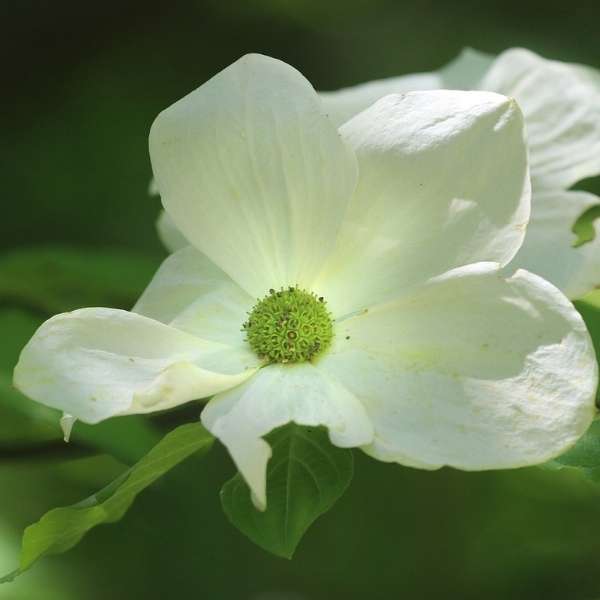
We’d like to maintain accurate and robust plant listings. If you see information that is not correct or that could be added to improve the listing, please let us know. Or if you’d like to suggest a plant to add to our plant guide, you can use this form do so. Thank you!
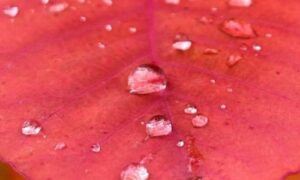
Seattle neighborhoods are full of wildlife and wild things. We’ve compiled a few exercises to help you slow down and appreciate the nature that surrounds you.
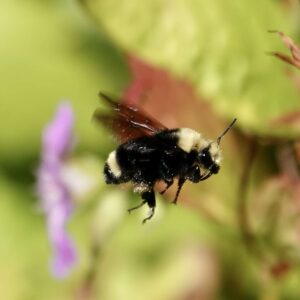
Look closer…and meet the local insects that pollinate the plants around your Seattle neighborhoods. Learn about some of our amazing native pollinating insects.
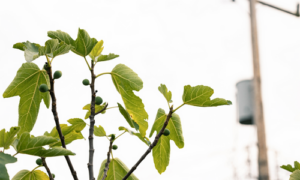
Learn about the diversity in pigeon populations in the United States and the implications of this variability on the species.
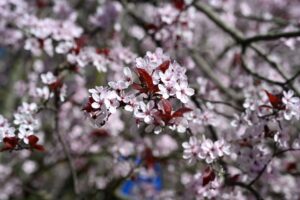
Gardeners can check out seeds for free from the library to plant. Then after harvest, gardeners bring seeds back to the library for others to enjoy in future growing seasons.
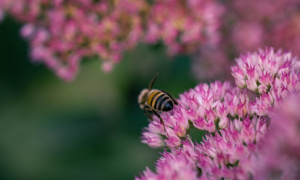
This workshop will guide you through the process and materials needed to help you decide if Mason Bees are right for you and your garden, whether you have a small deck or an open garden.
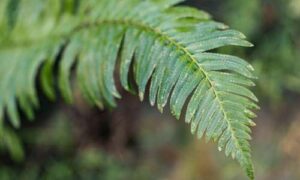
Despite the urban character and the high population density, a surprising diversity of life exists in Capitol Hill. Explore a few physical aspects of our urban ecosystems and meet some of its more-than-human residents.
Nature of Your Neighborhood is a collaboration between Birds Connect Seattle, the Capitol Hill EcoDistrict, and the Seattle Bird Conservation Partnership. Our goal is to foster relationships between the people and the nature of their neighborhoods.